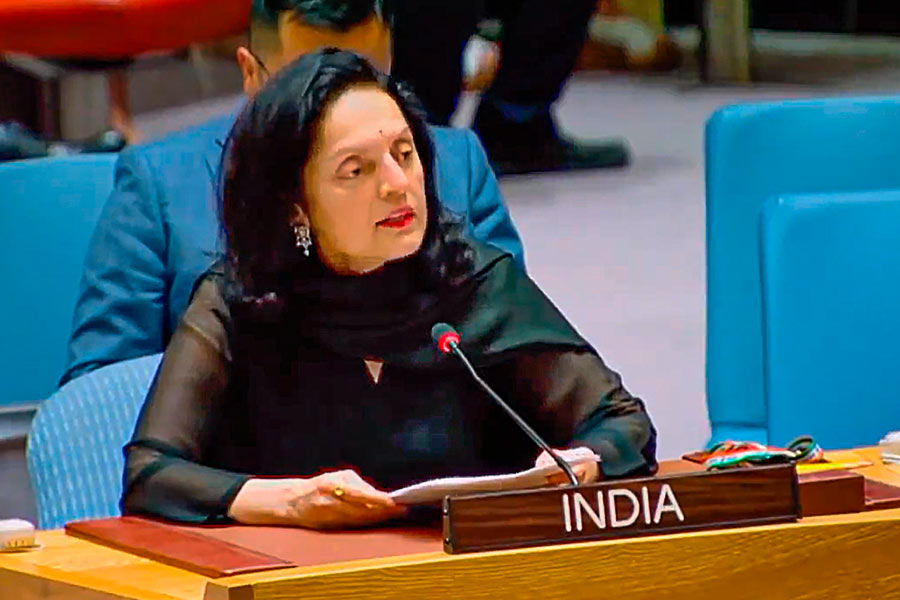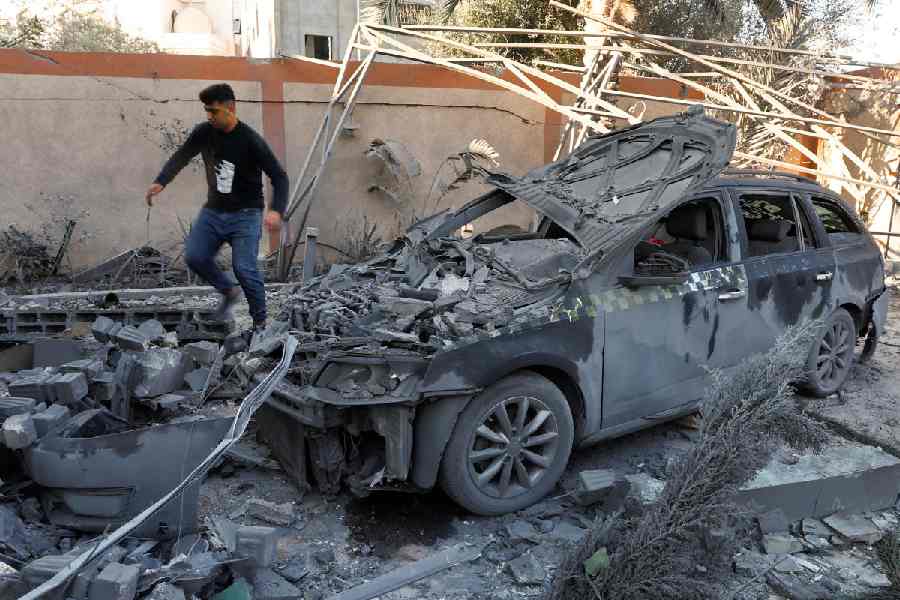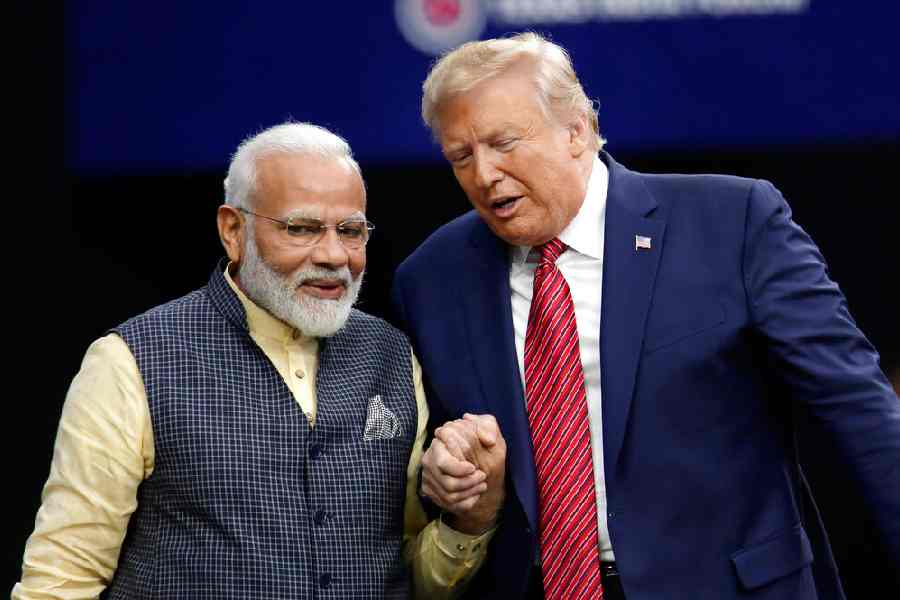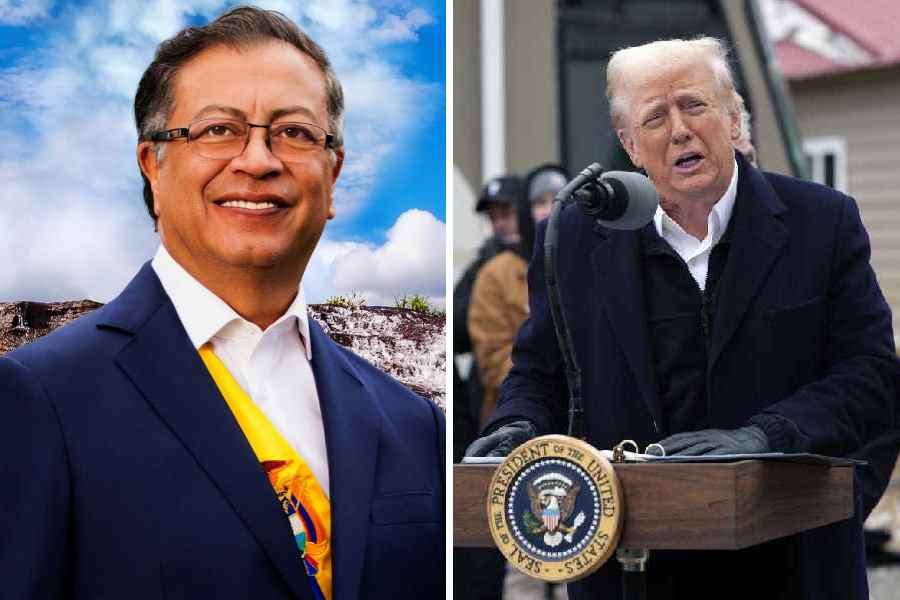India on Tuesday called for an "immediate humanitarian ceasefire" in Gaza for the first time since the Israel-Hamas war began on October 7, while voting in favour of a United Nations General Assembly resolution (UNGA) in New York.
Explaining India's vote, the country's Permanent Representative to the UN in New York, Ruchira Kamboj, said this was being done "to strike the right balance".
The resolution demanding an immediate humanitarian ceasefire, immediate and unconditional release of all hostages and ensuring humanitarian access was voted in with an overwhelming majority of 153 countries voting in favour.
Ten countries voted against the resolution and 23 abstained.
India had abstained the last time a similar resolution was moved on the issue on October 28.
The Israel embassy in New Delhi adopted a nuanced approach while responding to queries on how Tel Aviv viewed India’s change in stance.
"Israel highly appreciates India’s support over the last two months. Since October 7, when the picture was still not totally clear, Prime Minister Modi took a strong stand with Israel against terrorism," the embassy said in a statement.
The embassy added: "Though unsatisfied in general with the decision made in the UN assembly yesterday, we appreciate India's votes in favour of the amendments of both the US and Austria trying to remind everyone that the whole issue started on October 7 with the brutal attack of Hamas."
India had voted in favour of two amendments — moved by Austria and the US — to include the name of Hamas in the resolution but both were defeated as they could not get the two-thirds majority required to get carried.
In her explanation of India's vote, Kamboj said: "The situation that this august body has been deliberating upon has many dimensions. There is the terrorist attack on Israel on October 7 and the concern for the hostages taken at that time. There is an enormous humanitarian crisis and large-scale loss of civilian lives, especially of women and children. There is the issue of observing international humanitarian law in all circumstances. And there is the endeavour to find a peaceful and lasting two-state solution to the long-standing Palestine question. Our challenge in this extraordinarily difficult time is to strike the right balance."
The explanation, however, does not elaborate on the change of heart since October 28, considering that the ground situation has not changed much except for the body count of Palestinians that has mounted in the subsequent weeks. Neither did the resolution mention Hamas or even condemn it. On October 28, India cited the absence of any explicit condemnation of the October 7 terrorist attacks in the resolution as the reason for abstaining.
India was not alone in changing its stance on the issue since October 28. The other countries that shifted their positions over the past month-and-a-half include Canada, Australia, Denmark, Finland and Japan. In fact, the US stands isolated in the Quad on the issue of ceasefire as all others in the grouping — India, Australia and Japan — have moved from abstaining from the call for a “sustained humanitarian truce” on October 28 to favouring an immediate ceasefire.












